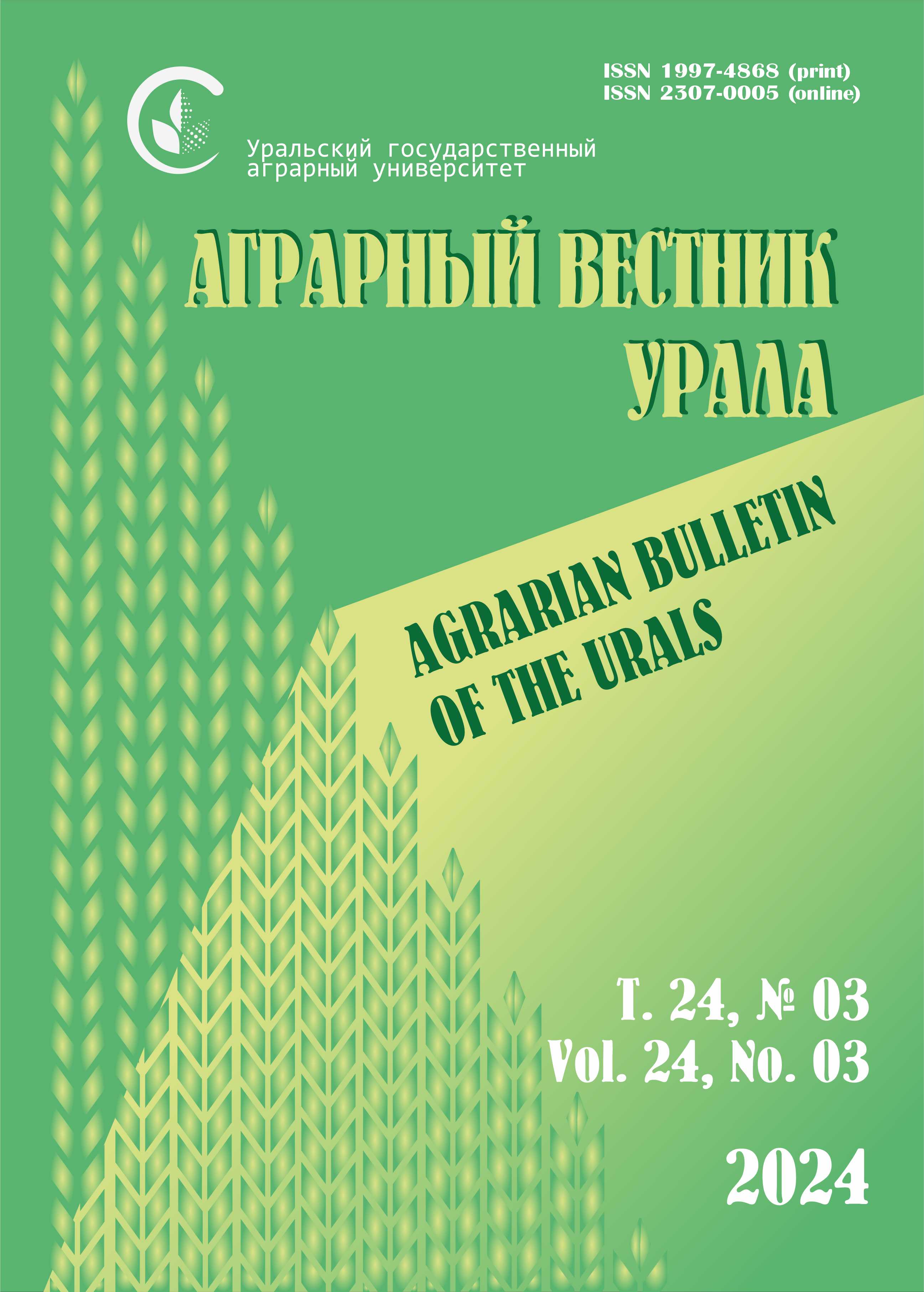Authors:
R. H. KANDROKOV, сandidate of technical sciences,
E. R. BALOVА, сandidate of agricultural sciences,
All-Russian Scientific Research Institute of Grain and Products of Its Processing – a branch of the Federal State Budget Scientific Institution «Federal Scientific Center for Food Systems named after V. M. Gorbatova» of the Russian Academy of Sciences, (11 Dmitrovskoe highway, 127434, Moscow),
Russian state agrarian university – MAAA named after K. A. Timiryazev (49 Timiryazevskaya str., 127550, Moscow; е-mail: This email address is being protected from spambots. You need JavaScript enabled to view it.).
Abstract. The results of the investigation of the determination of the optimum parameters of the hydrothermal processing of grain polba during the production of baking flour are presented. The quality of the initial grain of the feed, the technological scheme, parameters and grinding conditions are given in the paper. A distinctive feature of the object of research was that the original grain of polba was passed through a peeling machine with the removal of 10 % of flower and seminal membranes. Due to the fact that the initial grain of the flask has undergone peeling, the total recovery of intermediate crushing products on the I–III tundra systems was increased and amounted to no less than 85 %. Extraction mode for 1–3 r. s. is not less than 50 %. The process of grinding and forming the quality of flour from polba is shown in the form of cumulative ash and whiteness curves. The presence of two stages of flour formation during the grinding of triticale grain according to the developed technological scheme is established, which is clearly seen from the graphs of cumulative curves. The optimum time for setting aside the husked grain of the half, sent for processing into baking flour, which is 6 hours, is established. When grinding the husked grain of polba into baking flour, regardless of the time of consolidation, the total yield of rotten flour amounted to 87.4–90.0 %. At the same time, all the flour obtained from all 5 grits corresponded to the 1st grade (in terms of whiteness). The results obtained can be recommended for use in the construction of a flour mill for the processing of polba in bakery flour in the calculation of grain hoppers for processing on a roller machine of the 1st tundra system.
Keywords: polba, humidification, time of retention, recycling, flour output, ash content, whiteness.











